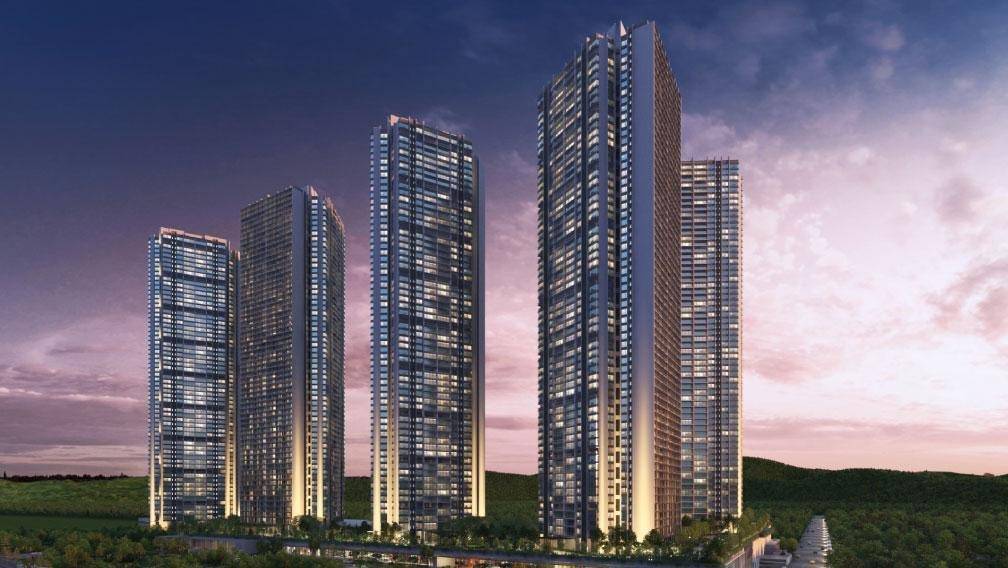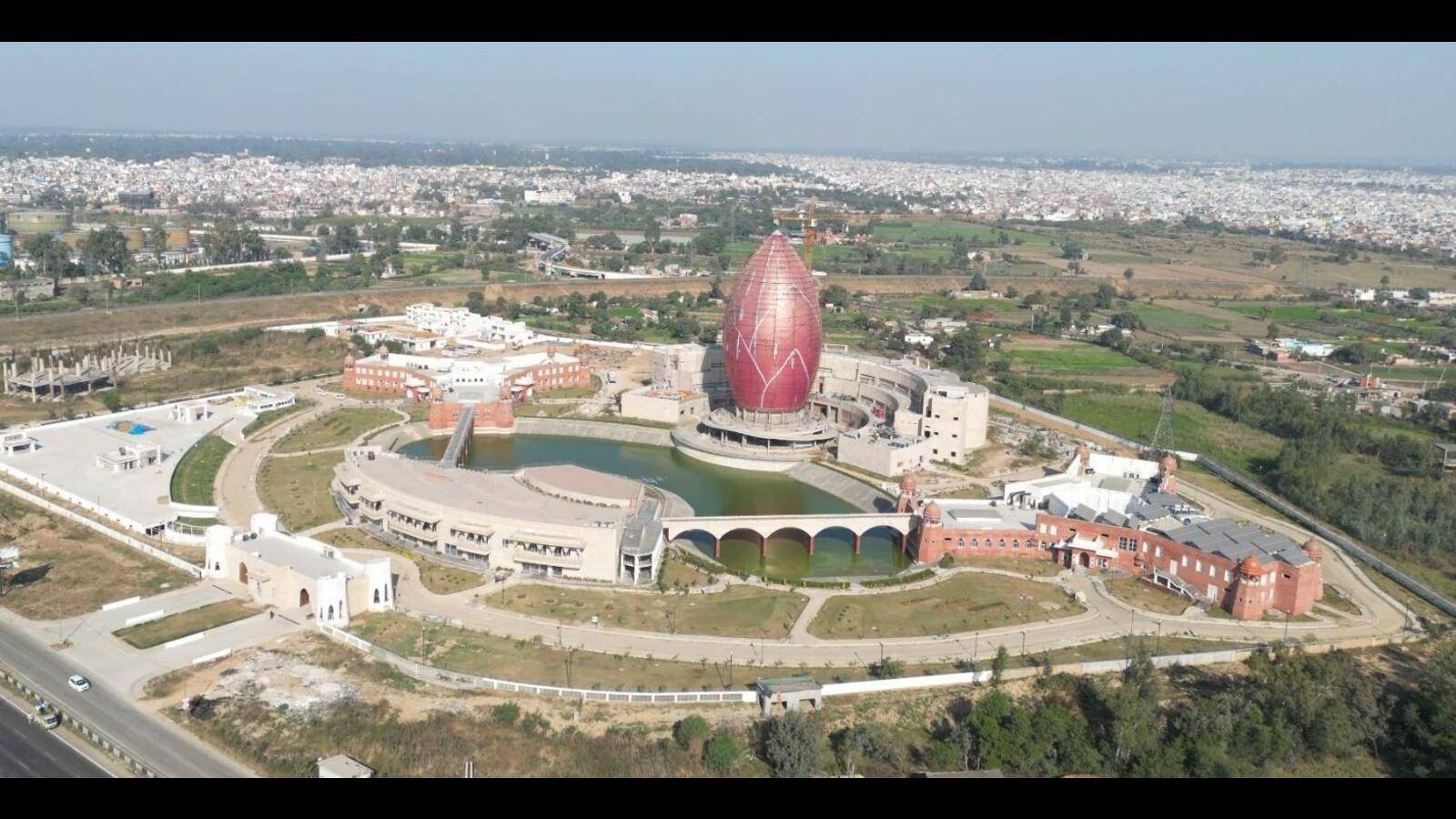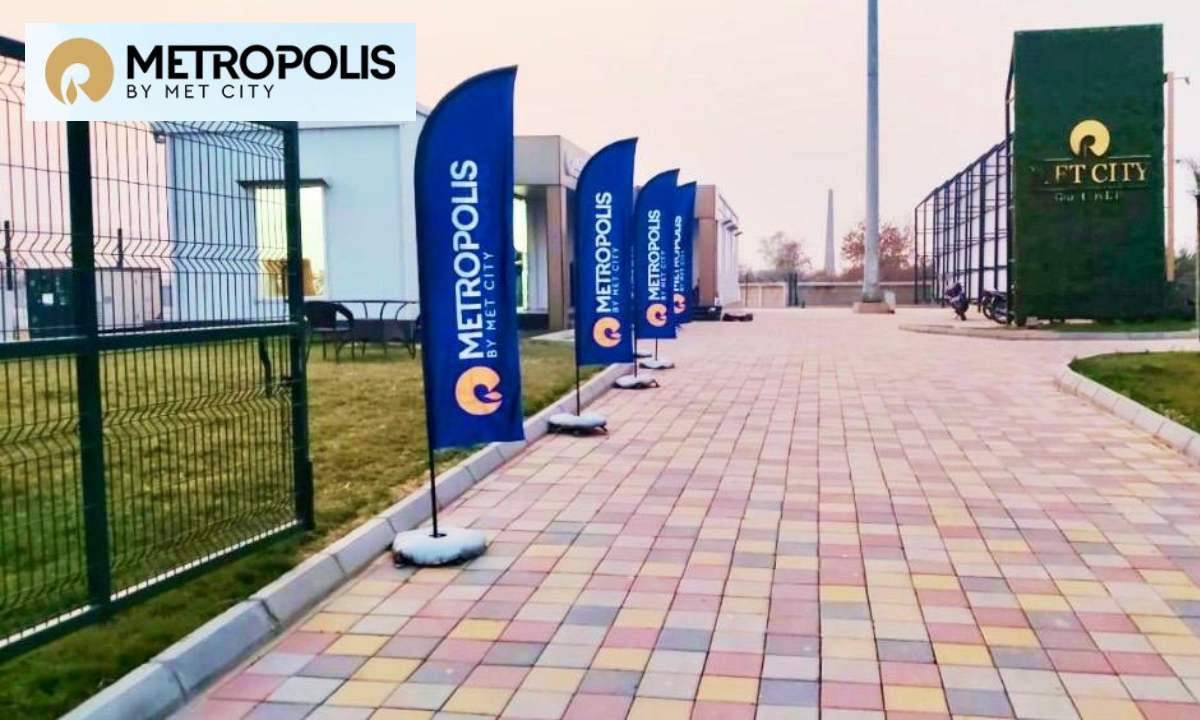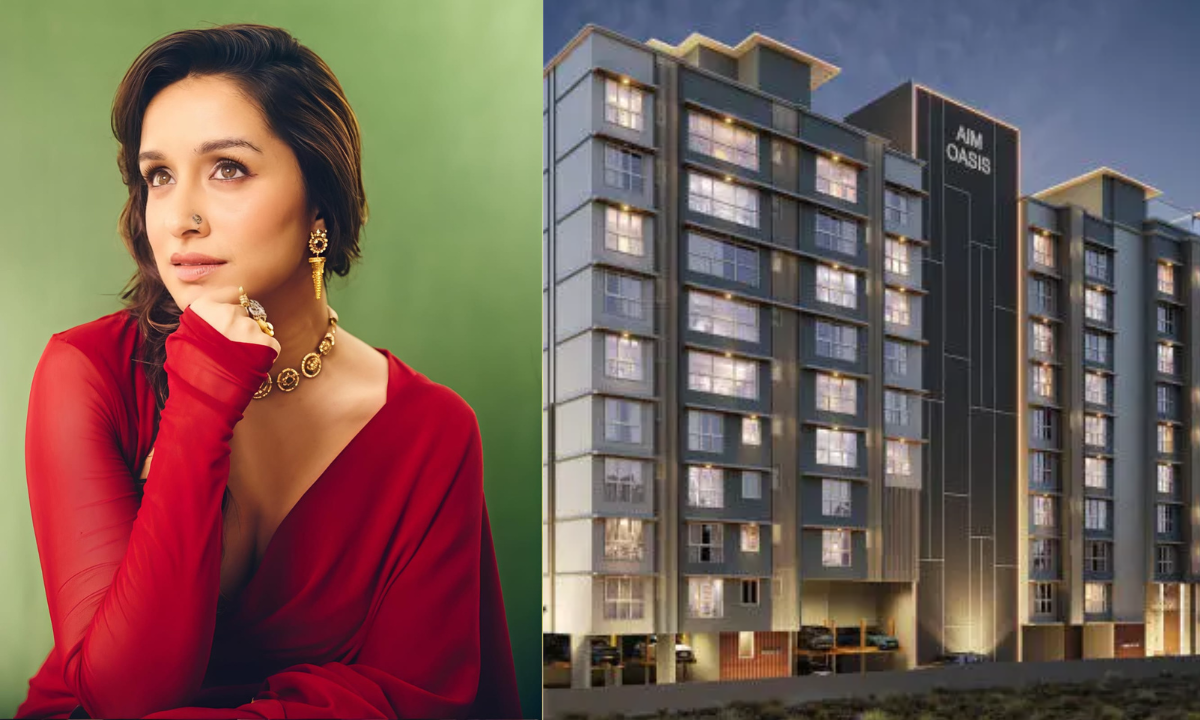The National Company Law Tribunal (NCLT) has approved Adani Properties' resolution plans for two assets belonging to Housing Development and Infrastructure Limited (HDIL) as part of the company’s ongoing insolvency proceedings. The assets include a commercial property named 'Inspire BKC' located in Mumbai’s Bandra-Kurla Complex (BKC) and a land parcel in Shahad, Kalyan.
This approval marks a significant development in the corporate insolvency resolution process (CIRP) of HDIL, a firm once considered among Mumbai’s prominent real estate developers. The company entered insolvency in 2019 with total liabilities amounting to over ₹7,789 crore. The resolution process has since progressed through several stages, including restructured approaches due to lack of bidders for the complete asset portfolio.
The NCLT’s Mumbai bench gave its approval under Section 31 of the Insolvency and Bankruptcy Code (IBC), 2016. Adani Properties was the only entity that submitted a compliant bid for the two verticals in question — Vertical V (Inspire BKC) and Vertical IX (Shahad land). The resolution plans for both assets were approved by the Committee of Creditors (CoC) in November 2022 with a voting share of 66.08%.
For the Inspire BKC property under Vertical V, the resolution plan proposes a valuation of ₹3 crore, with ₹2.85 crore allocated for settling creditor claims and ₹15 lakh towards CIRP expenses. Adani Properties will not acquire HDIL as a going concern in this transaction. Instead, the BKC property will be demerged into Adani or its nominated subsidiary. The plan includes continuity of the existing slum rehabilitation agreement with Budhpur Buildcon, the entity holding the Letter of Intent under the Slum Rehabilitation Authority (SRA) for the redevelopment component.
In the case of the Shahad land parcel under Vertical IX, the fair market value and liquidation value were estimated at ₹89.66 crore and ₹62 crore respectively. The sole secured creditor for this asset, Punjab and Maharashtra Cooperative Bank (now Unity Small Finance Bank), had earlier raised objections to the valuation. However, those objections were dismissed by the tribunal in July 2024.
Both resolution plans include performance guarantees of ₹5 crore each, as mandated by IBC regulations. These guarantees are designed to ensure adherence to the terms of the resolution plans and completion of the acquisition process within the stipulated timelines.
The tribunal's decision to approve individual verticals instead of a full-company resolution plan reflects the practical challenges of addressing stalled and fragmented real estate portfolios. Earlier attempts by the resolution professional to invite bids for the entire company failed to attract interest. In response, the CoC opted for a segmented approach by dividing HDIL’s assets into ten verticals to facilitate targeted resolutions.
This transaction involving Adani Properties is one of the larger outcomes of that segmented strategy. Adani’s acquisition of these two key assets—particularly the Inspire BKC project in a high-value business district—could aid in unlocking economic potential from distressed assets in Mumbai’s urban landscape.
The Inspire BKC asset had been stalled despite its prime location due to regulatory delays and unresolved land development obligations. Adani’s interest in completing the SRA component through Budhpur Buildcon suggests an intent to bring stalled development back on track. The company is expected to meet the required conditions for execution within the timeline prescribed by the tribunal.
The resolution process continues for HDIL’s other verticals. The use of a vertical-wise approach, backed by the NCLAT's earlier order and the CoC’s revised consent, is likely to become a precedent for similar large-scale insolvency cases in the real estate sector, especially those involving unfinished residential and commercial assets.
HDIL, promoted by Rakesh Wadhawan, had been under insolvency proceedings since 2019. The company had multiple delayed housing projects, pending obligations under redevelopment agreements, and defaulted loans. The absence of initial resolution interest prompted a shift in strategy, ultimately enabling focused asset-wise bids like the one from Adani Properties.
With the NCLT's approval in place, Adani is expected to begin execution of the resolution plans for both projects, including coordination with authorities and stakeholders for necessary approvals, compliance, and integration into its real estate portfolio.
Image source-x.com









.png)